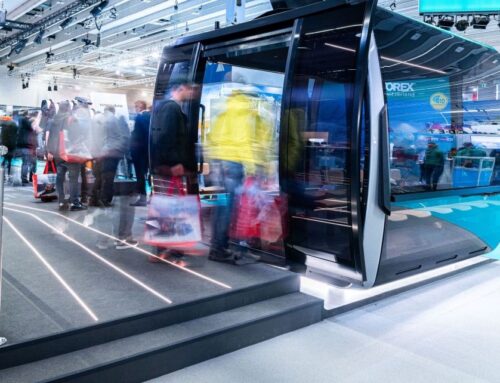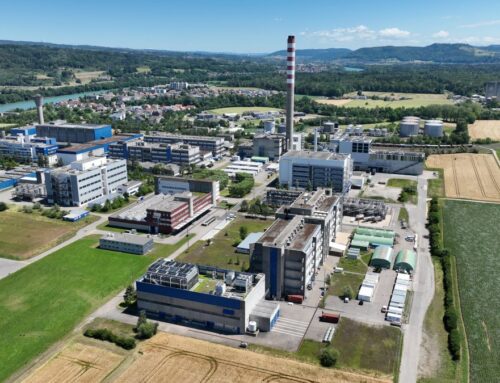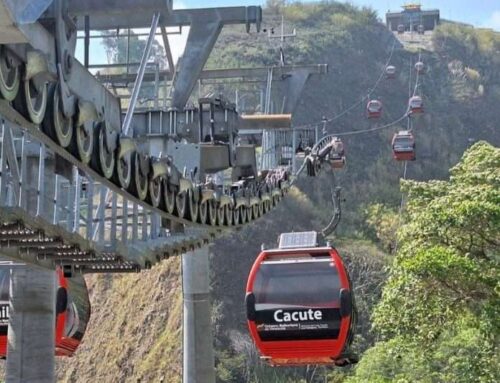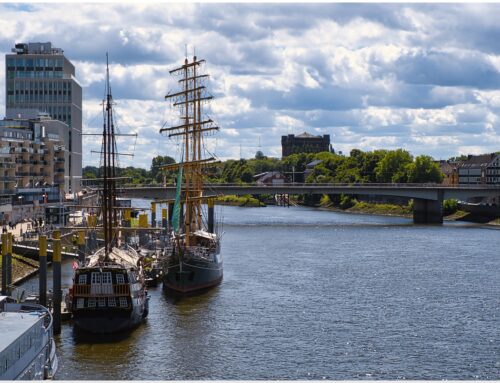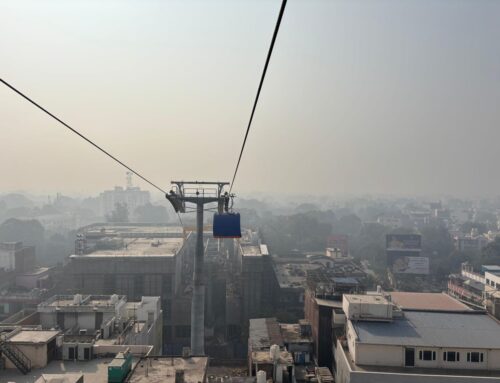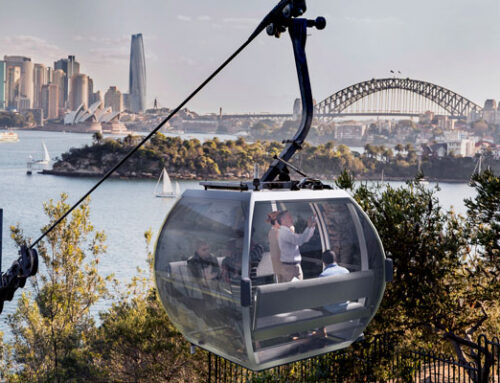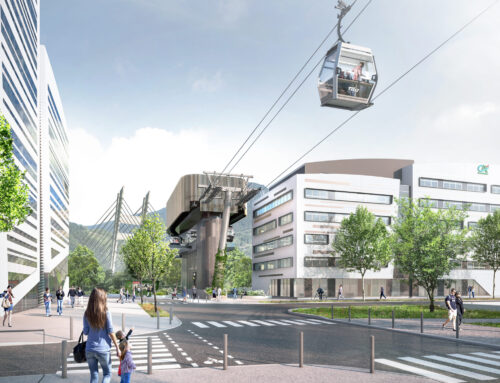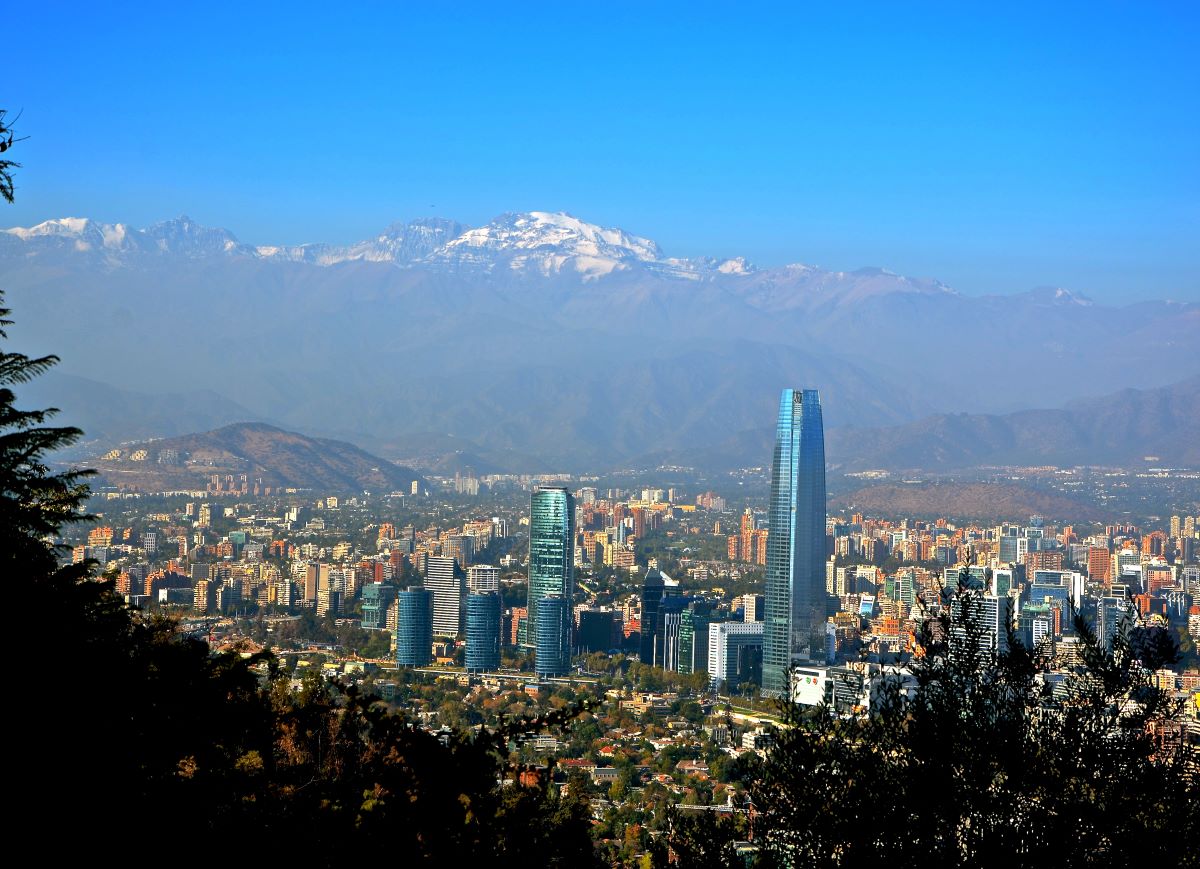
Cities, SI-Urban
Chile: Minister García explains Santiagos new urban cable car
The Public Works Minister of Chile, Juan Carlos García, recently announced that construction of Santiago’s new urban cable car will resume.
This alternative, environmentally friendly transportation initiative will connect the communities of Huechuraba, Las Condes, Vitacura and Providencia, covering the distance in just 13 minutes.
The project requires an investment of nearly $80 million. Upon completion, however, the cable car will be able to carry a maximum of 6,000 people per hour through three stations, relieving traffic congestion, reducing pollution and shortening travel times.
Teleferico Santiago
In Santiago de Chile, an urban cable car already runs up the city’s St. Cristóbal mountain.
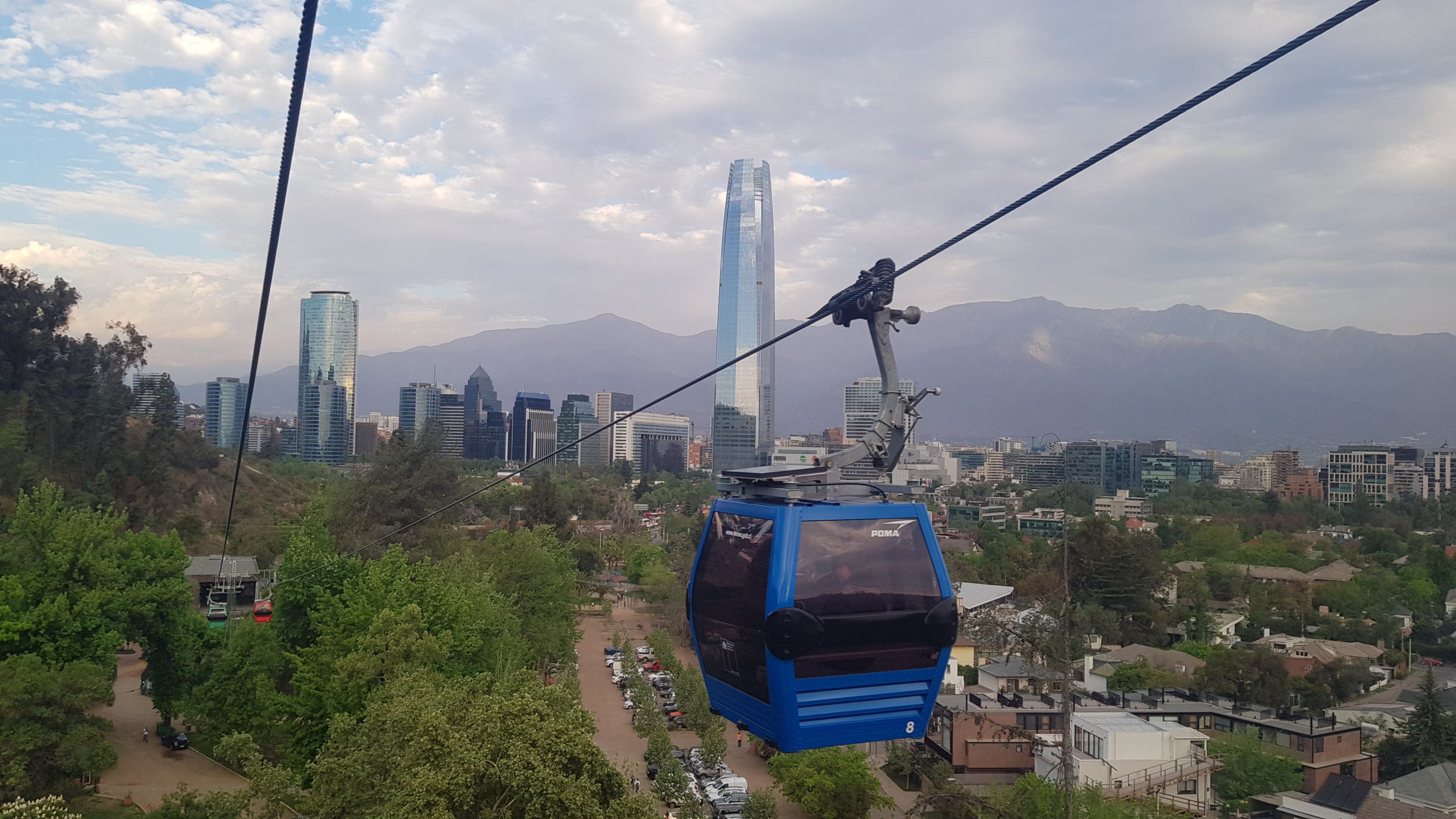
According to Minister García, the priority of the Ministry of Public Works is to make progress in the country’s “sustainable, dignified and safe mobility.”
The Santiago Municipal Cable Car project was given priority because it offers a new alternative for connectivity, linking Huechuraba with the Tobalaba metro station and the entire eastern sector.
The project involves three interchange stations:
- One in Ciudad Empresarial in the municipality of Huechuraba at the intersection of Avenida Santa Clara and Avenida El Parque,
- another in Cerro San Cristóbal on the east side of the Antilén swimming pool
- and the third on the north side of Avenida Vitacura at the Costanera Center’s return on Canal San Carlos.
The acting director of Santiago Metropolitan Park, Eduardo Villalobos, stated:
“We are very happy, as this project will allow our neighbors from Huechuraba to access Santiago’s green lungs. The cable car also enables us to democratize our spaces and thus achieve a greater number of people who connect with nature.”
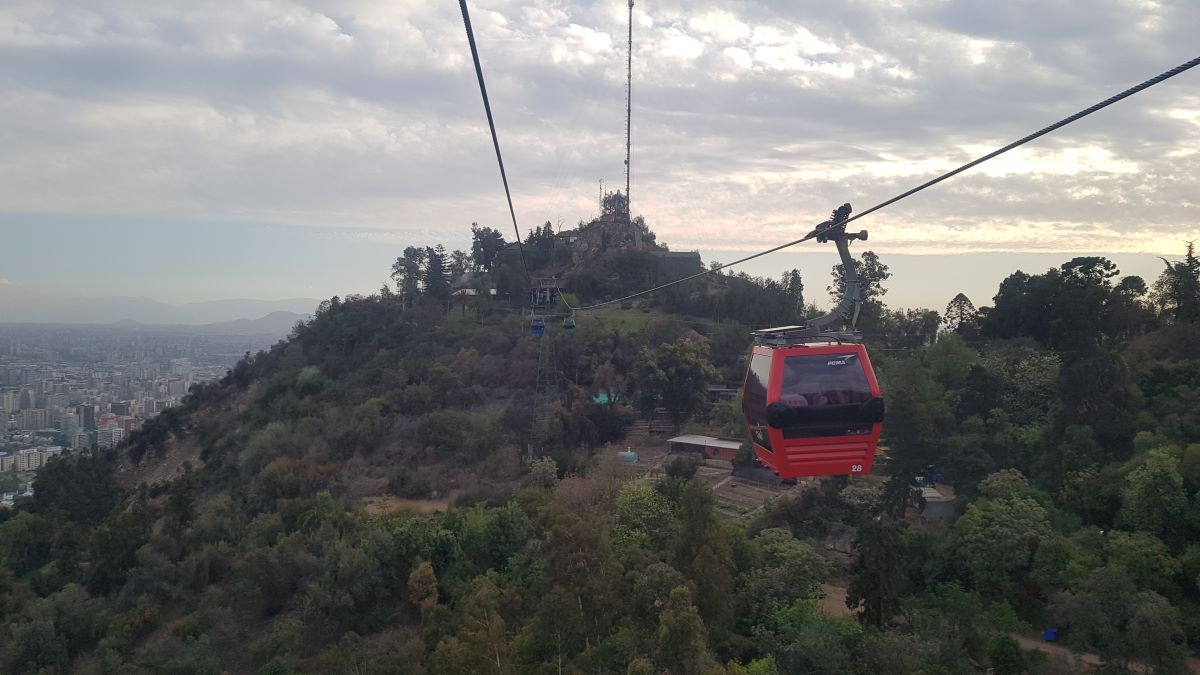
Timeframe
Minister García indicated that the system will include 146 cabins, each with a capacity of ten people, attached to cables supported by a total of 26 towers, placed every 100 meters and with a height between nine and 22 meters.
Once opened, the cable car will operate 16 hours per day on weekdays. According to the schedule, the project is currently in the final stages of definitive design; therefore, construction is expected to begin in the first half of next year. After 26 months of construction work, the system will be completed and operational in 2025.
Minister García explained that the operation and maintenance of the cableway will be carried out according to the most demanding international standards for urban cableway transport.
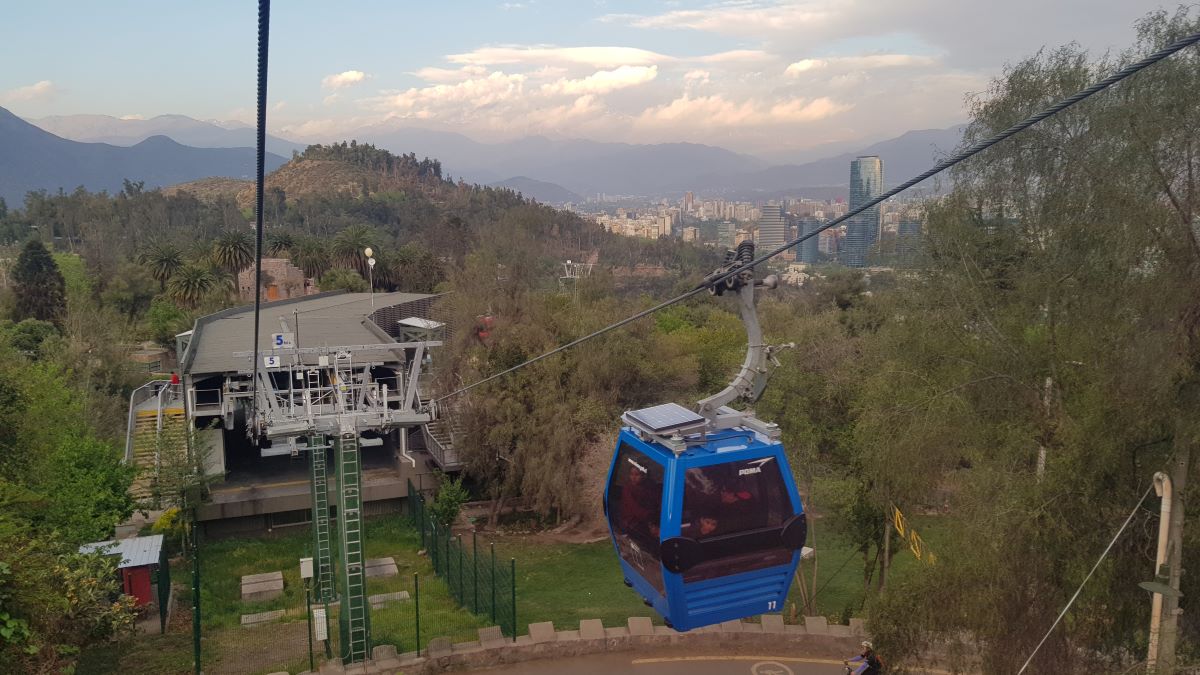
Iquique – Alto Hospicio
In addition to the reactivation of the Santiago Municipal Ropeway project, Minister Juan Carlos García announced that a new ropeway between Iquique and Alto Hospicio will be tendered at the end of the year.
“We believe that investment in sound public transport should not be focused only on Santiago. That is why today I want to inform you that at the end of the year we will put out to tender a new cable car between Iquique and Alto Hospicio, because in the north of Chile you also need a reasonable public transport,” he explained.
Minister García pointed out that “here at the Ministry of Public Works, we give urgency to projects that change people’s lives for the better.”
